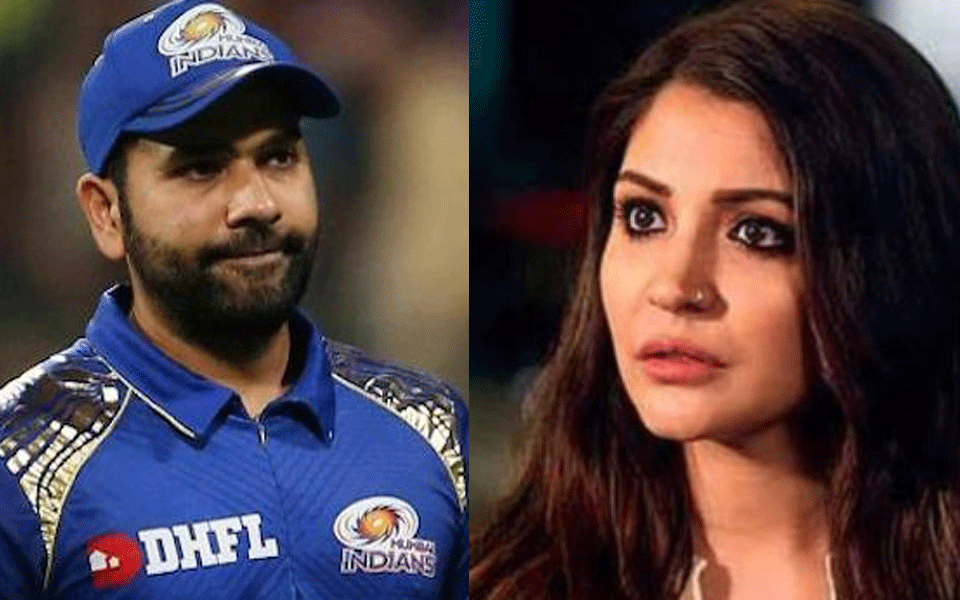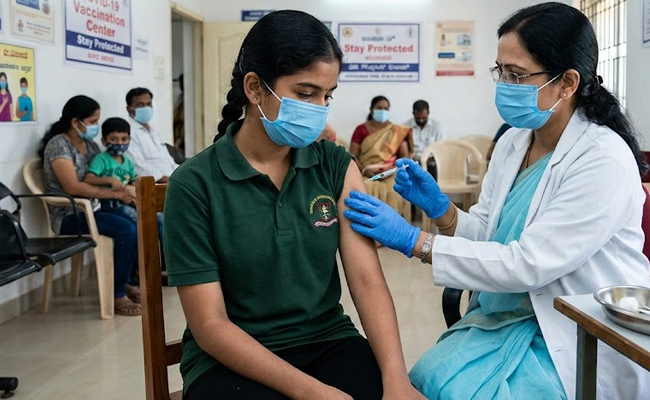New Delhi, July 26: After Rohit Sharma "unfollowed" Anushka Sharma on Instagram, the actor-wife of India captain Virat Kohli shared a story on the photo sharing website that appeared to be pointed at the India vice-captain amid reports of rift between the skipper and his deputy.
On Friday, Anushka posted a message on her Instagram Stories which read: "A wise man once said nothing. Only truth can shake hands with silence in a mess of false appearances."
In spite of being the second hot favourite for the recent World Cup title held in England and Wales, the Men in Blue failed and emotions since then have spilled out of the India dressing room.
Although both Rohit and Kohli have not spoken anything on the rumoured rift, the Supreme Court-appointed Committee of Administrators (CoA) said that the matter will not be taken into consideration unless the same is brought to them by the players themselves.
Even Rohit's social media activity has added fuel to fire.
The 32-year-old, who has not been following Kohli for quite some time, apparently also "unfollowed" Anushka on Instagram.
What is more surprising is that Kohli still follows Rohit on the picture sharing website, but not his wife Ritika Sajdeh.
Anushka also doesn't follow Ritika and Rohit on Instagram and same is the case with Ritika who doesn't follow the Indian skipper and his wife.
Let the Truth be known. If you read VB and like VB, please be a VB Supporter and Help us deliver the Truth to one and all.
Bhubaneswar (PTI): At least three persons, including a boy, drowned while taking a bath after celebrating Holi at separate places in Odisha on Wednesday, police said.
While two incidents took place in Jajpur district, the third one happened in Cuttack district.
A report from Jajpur said that a man, identified as Sangram Ajitabh Das (40) of Padmapur area under Jajpur Road police limits, drowned while bathing in the Kharasrota river after the celebration of Holi in Byasanagar area in the afternoon.
His body was recovered and sent for postmortem examination.
In another incident from the same district, a youth identified as Hiranya Kumar Behuria of Bari area, also drowned in the Brahmani river at Khari Padia in Jajpur.
A report from Cuttack district said that a boy, identified as Jeevan Behera, drowned while bathing in the Mahanadi river in Baramba area along with friends. He was swept away by the river current, police said.
Fire Service personnel found the minor and took him to a hospital, where doctors declared him dead on arrival, police said.





